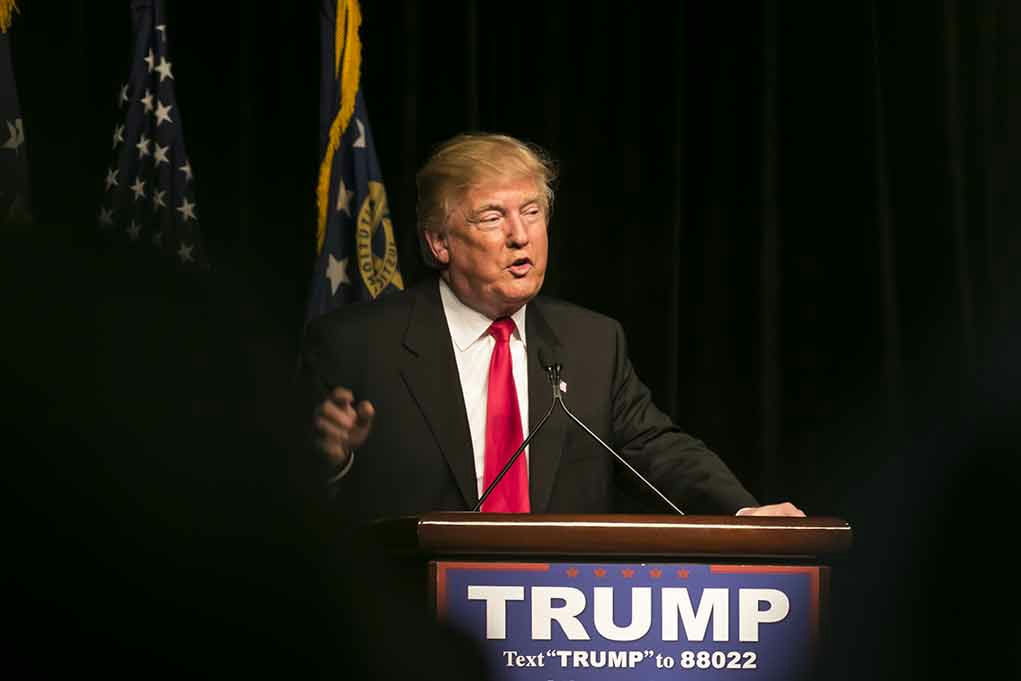An appeals court’s complete rejection of New York’s $515+ million civil fraud penalty against Donald Trump signals a seismic defeat for activist prosecution and a major victory for constitutional rights and American business.
Appeals Court Overturns Massive Penalty, Defends Legal Proportionality
In August 2025, a five-judge panel of the New York Appellate Division unanimously threw out the more than half-billion-dollar civil fraud penalty imposed on President Donald Trump and his associates. The original judgment, issued by Judge Arthur Engoron in February 2024, accused Trump of inflating asset values and imposed sweeping financial penalties and business bans. The appellate court found these measures “excessive,” nullifying both the financial judgment and leadership restrictions, and issuing a pointed critique of the lower court’s approach to punitive enforcement.
This appellate decision is a rare and resounding rebuke of aggressive prosecutorial tactics that many conservatives saw as politically charged. Letitia James, the New York Attorney General, led a years-long campaign against Trump, framing her suit as a defense of business transparency and consumer protection. However, the scale of the penalty, the lack of clear financial victims, and the context of Trump’s status as a leading opposition figure fueled allegations of political motivation and constitutional overreach. The court’s ruling, delivered after months of asset seizure threats and intense media scrutiny, restores Trump’s business rights and underscores the judiciary’s role in checking prosecutorial excess.
Letitia James’s Pursuit and the Political Backdrop
Letitia James, elected in 2019 as the first African American and first woman to serve as New York Attorney General, built her reputation on high-profile public interest cases and corporate accountability. Her 2022 civil fraud lawsuit against Trump drew national attention, not least because it followed years of political polarization and accusations of “witch hunts” from the Trump camp. The case unfolded in a climate where conservative Americans felt besieged by activist officials using their offices to target political opponents and undermine fundamental liberties.
James’s legal strategy included seeking operational bans and massive fines, echoing a trend of weaponized lawfare that many on the right argue undercuts due process and chills legitimate business activity. With Trump’s business practices under almost continuous scrutiny for years, the original trial’s severity was unprecedented in both scope and political resonance. James’s office has not issued a detailed public response since the penalty’s reversal, and the broader legal community is now left to grapple with the implications for future enforcement actions.
Implications for Conservative Values and Rule of Law
This appellate victory is being celebrated by defenders of the Constitution, business leaders, and conservative Americans wary of government overreach. Trump and his supporters have framed the ruling as not just a personal vindication, but a triumph for the rule of law and a warning against the use of state power to harass political adversaries. The decision limits the ability of state attorneys general to pursue subjective civil fraud actions based on disputed asset valuations—a practice that, if left unchecked, could threaten property rights and economic freedom nationwide.
BREAKING: In Huge Blow to Letitia James, New York Appeals Courts Throws Out $515 Million Civil Fraud Penalty Against Trump – Trump Responds.
You FAFO'd, BIG TISH. Now you are FINDING OUT!https://t.co/TFkEX4OU9T #gatewaypundit via @gatewaypundit— LeonidasOfSparta 🇺🇸🇺🇸🇺🇸 🇮🇱TRUMP 2024 (@Skylark57) August 21, 2025
In the short term, Trump regains full control over his New York business interests, and the threat of a crippling financial penalty is lifted. For the wider business community, the ruling signals a potential shift toward greater judicial scrutiny of excessive penalties and politicized prosecutions. While supporters of Letitia James insist that accountability must apply equally to all, the appellate court’s decision is likely to embolden those who advocate for limited government, fair enforcement, and the protection of American enterprise from ideological agendas.
Expert Perspectives and Future Legal Landscape
Legal analysts emphasize that the appeals court’s main concern was proportionality and the need for clear evidence of harm in civil fraud actions. Academic and professional commentators note the ongoing tension between aggressive regulation and the risk of politicizing the legal system—an issue that resonates deeply among those who cherish individual liberty and traditional values. This case now stands as a key test of judicial independence, highlighting the critical importance of checks and balances in American governance. As the dust settles, many expect a more cautious approach from state officials seeking to wield powerful enforcement tools against high-profile defendants, reaffirming the centrality of constitutional protections in the American legal tradition.
Sources:
Letitia James – National Association of Attorneys General
New York State Attorney General

